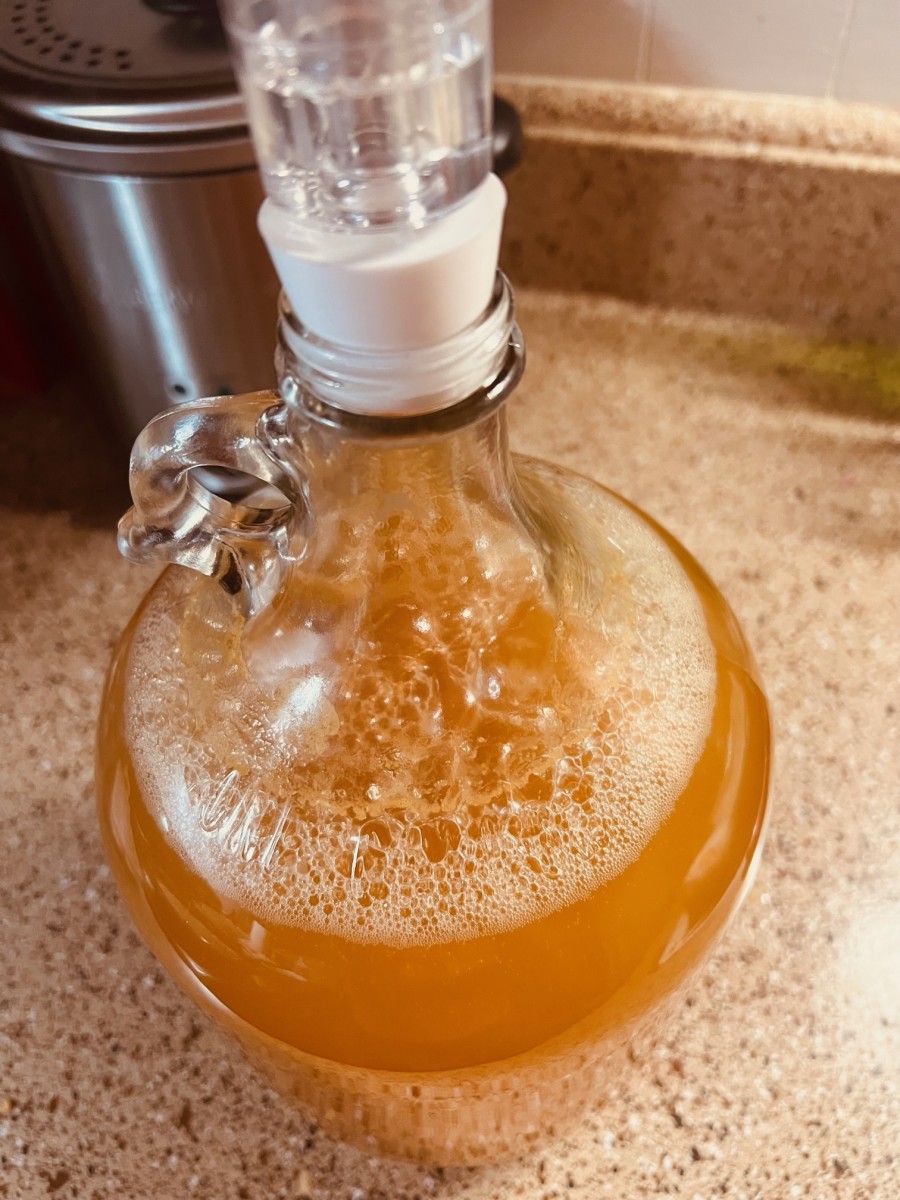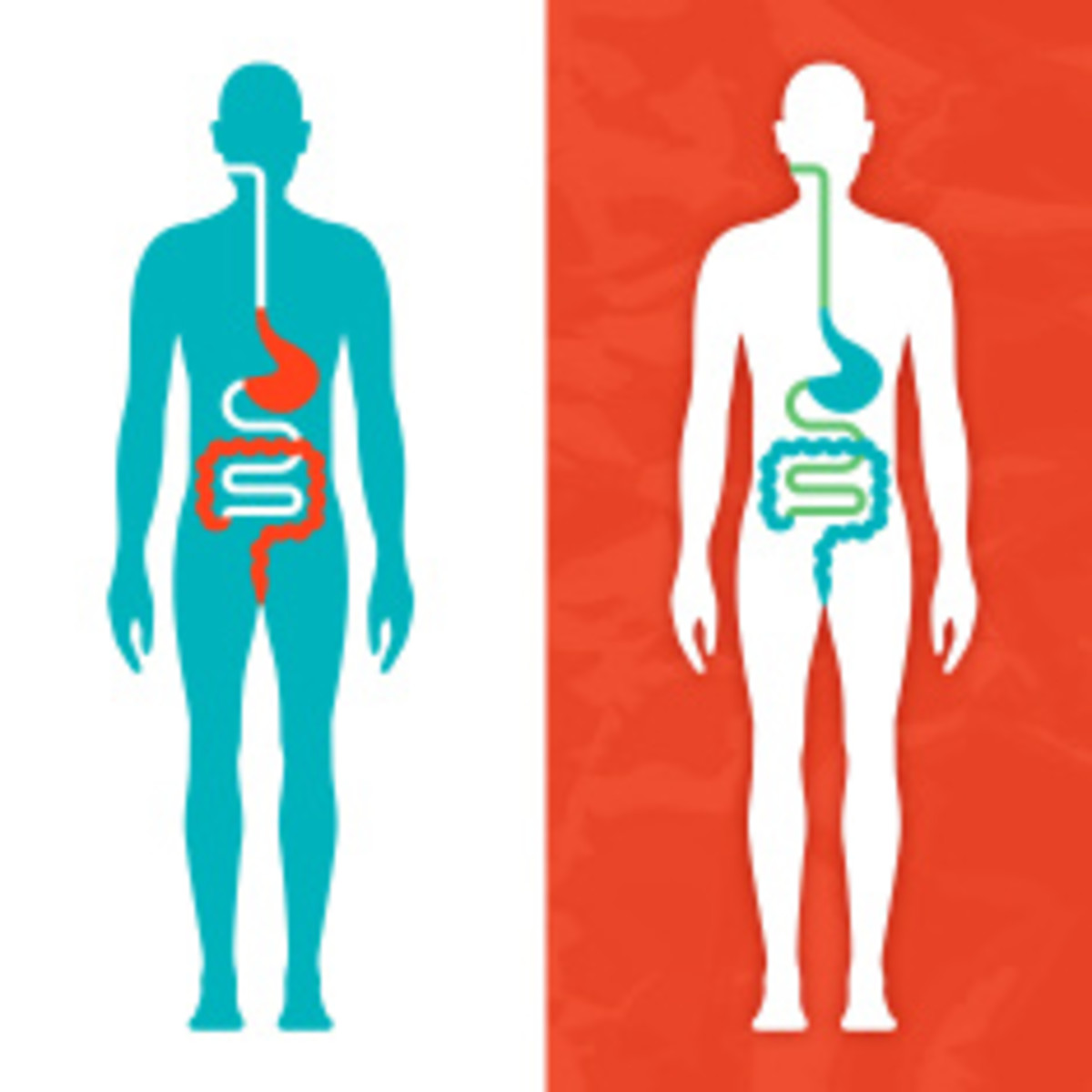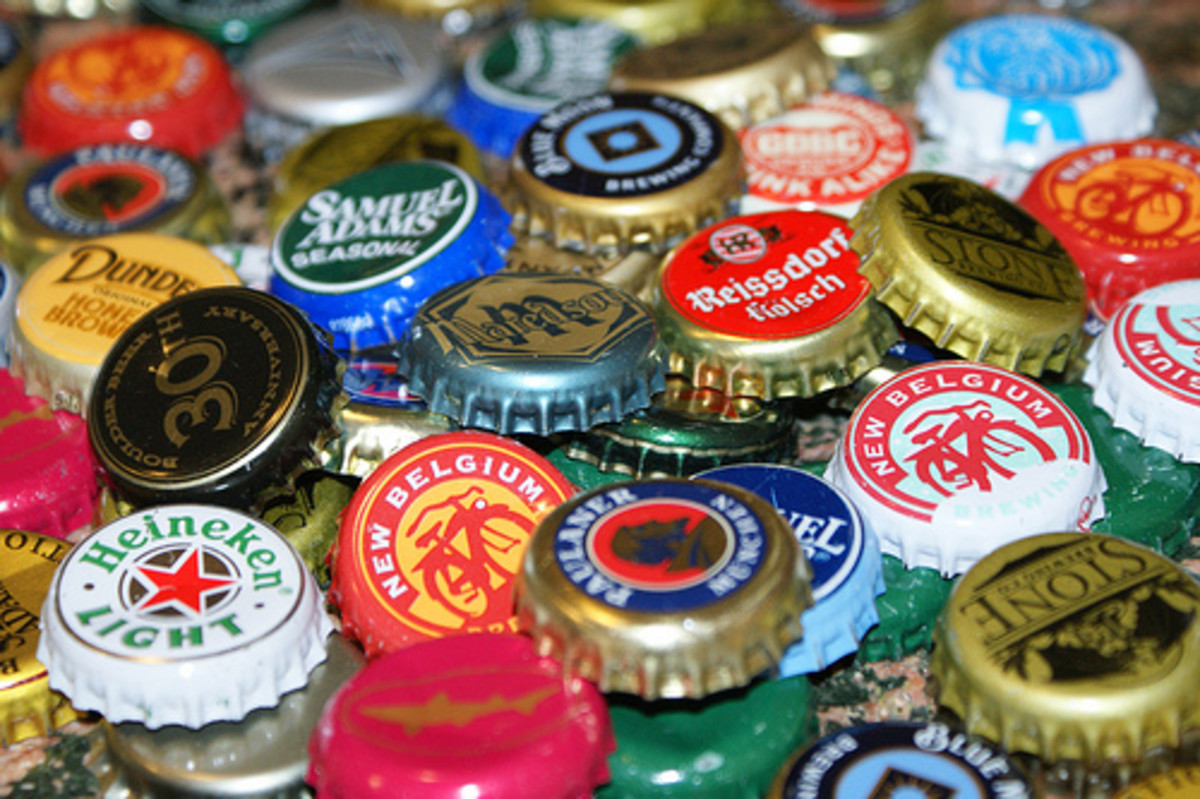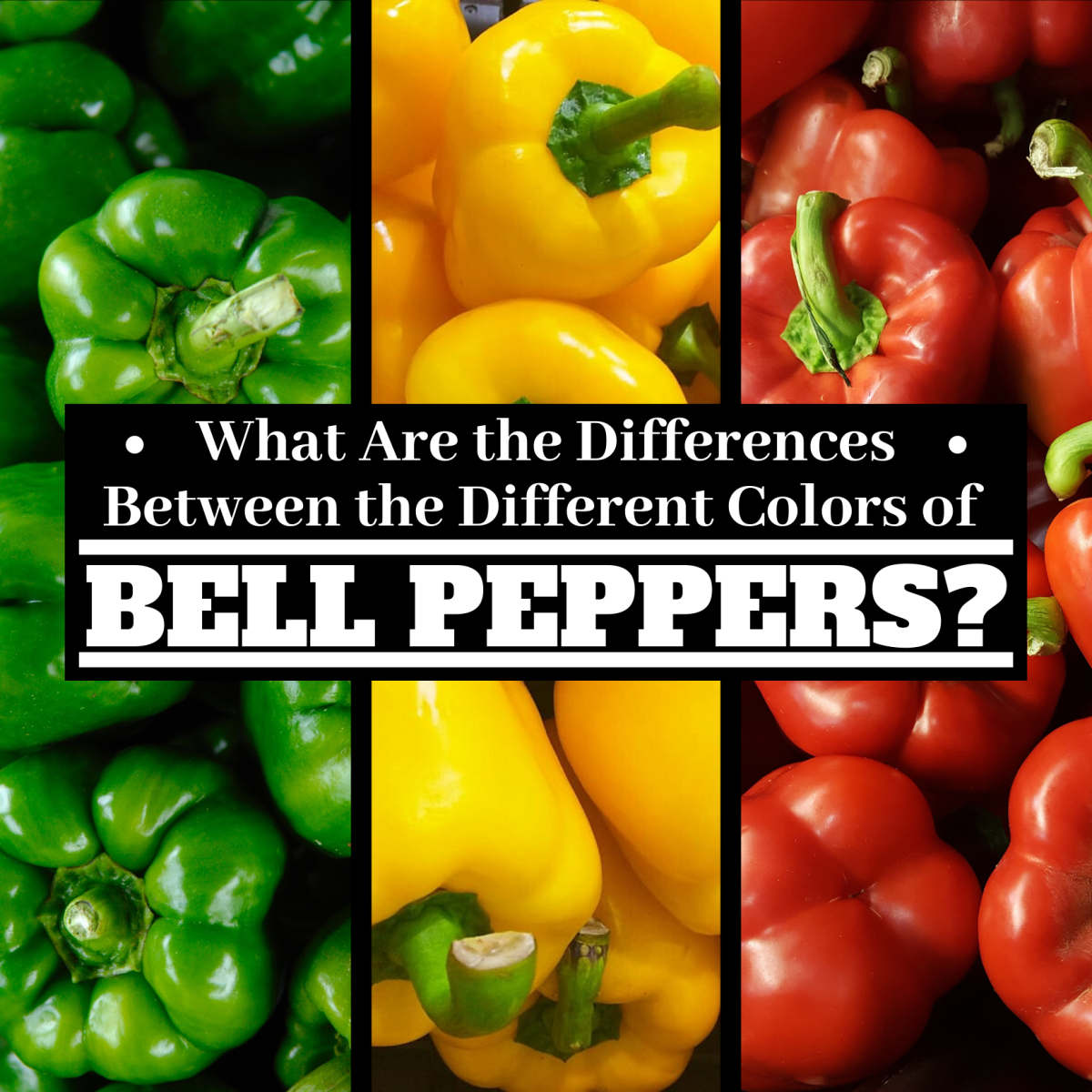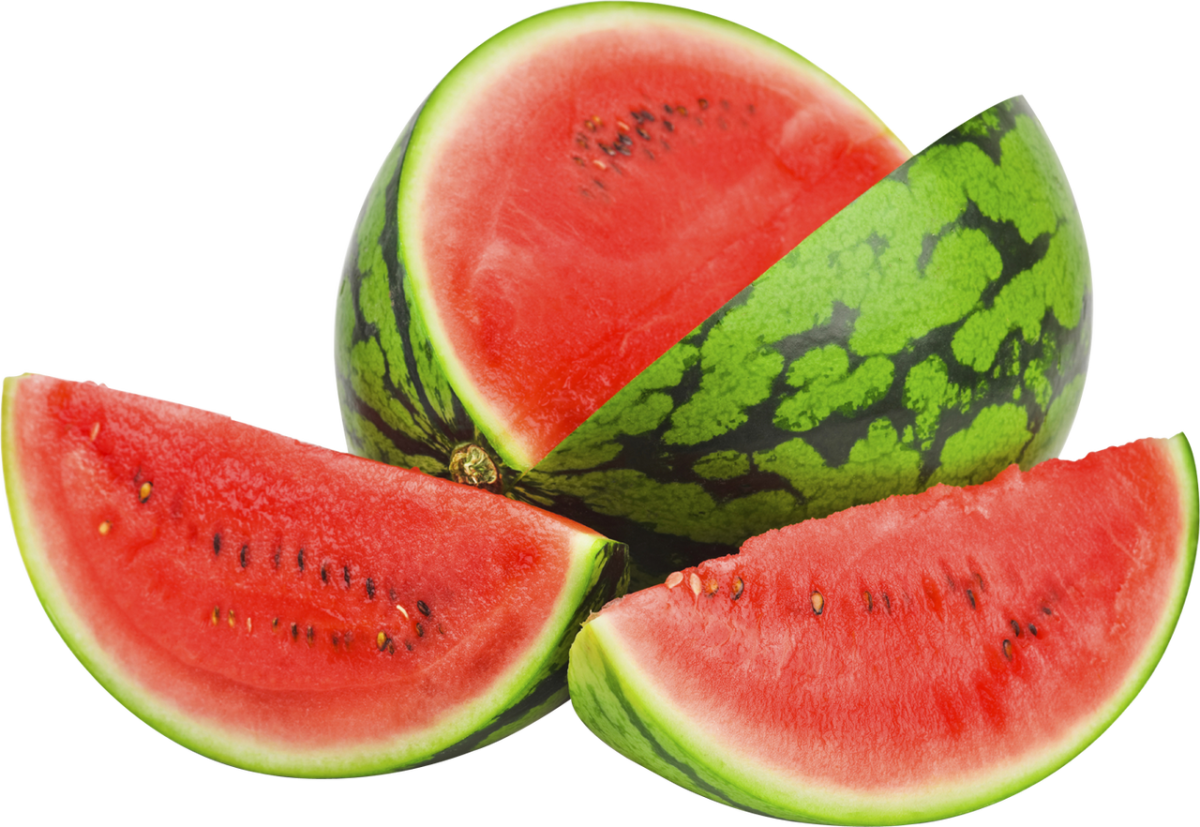The Definition Of Fermentation
Was Hippocrates Right When He Said All Disease Starts In The Gut
It seems that Hippocrates was a man who knew what it meant to be healthy. When one begins to discuss general nutrition or trying to establish a starting point of a journey back to better digestive health, one can generally look back to what the father of holistic medicine said many centuries ago.
Eating fermented (or probiotic-rich) foods is a timeless approach and a much better solution than taking the current medical industry approach of popping probiotic pills and supplements. Hippocrates believed that if you have digestive issues, it is either a contributing factor or the main factor of most chronic and degenerative diseases. And ultimately, your first line of defense against disrupting factors in your intestines can be found occurring naturally in food or water.
So what exactly are fermented foods? Fermentation occurs through a process of lacto fermentation in which natural yeasts feed on the sugars and starches in the foods creating lactic acid. This process of breaking down the sugars actually preserves the food and produces beneficial enzymes, b-vitamins, Omega-3 fatty acids, and various strains of probiotics which are important to our overall health.
Fermenting Foods Is Natural
Natural fermentation of foods has also been shown to preserve nutrients in food and break the food down to a more digestible form. This, along with the bevy of probiotics created during the fermentation process could explain the link between consumption of fermented foods and reduction of digestive problems.
Traditional fermented foods have beneficial lactic acid bacteria, which are the friendly organisms responsible for the fermentation process in the first place. When you think of sour milk, it is because of this lactic acid bacteria.
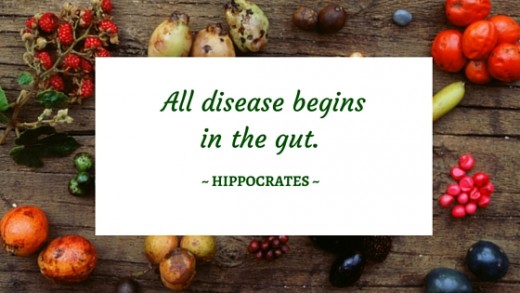
Benefits Of Fermented Foods
What are some benefits of incorporating fermented foods and drinks into your diet?
- According to some research, one serving of fermented vegetables has 100 times more beneficial bacteria than an entire bottle of a high potency probiotic product!
- They give a greater variety and complexity of beneficial bacteria than probiotic supplements.
- Cultured vegetables "pre-digest" sugars and starches, which helps support overall digestive function. This is called being more bio-available to our body.
- The process of fermentation is alkaline-forming due to their abundance of vitamins and minerals.
- The lactic acid produced during fermentation helps you digest other foods eaten at the same time as cultured ones, especially important for digesting proteins and starchy foods.
- If you have a sugar addiction or want to stop sugar cravings, many people report that eating cultured vegetables on a regular basis can help you regain control over these cravings.

How To Use Fermented Foods For Good Gut Flora
So what's the best way to start incorporating more fermented foods into your diet? Is there a step by step process? Each person has different bacterial balances in their body so there isn't a hard and fast rule. However, I can give some ideas and suggestions as to how to begin.
- When you begin adding traditional fermented foods to your meals, the key is to eat a small portion of them on a regular basis. Once or twice daily with meals is best.
- If you want to get your health's worth from probiotic foods, be aware that there are huge differences between healthy fermented foods and the ones your normally see at the grocery store. As an example, store-bought sauerkraut (cabbage in brine) is in fact nutritionally worthless because it has been pasteurized which kills any live cultures in food. Likewise cheeses and milks are pasteurized so they have few if any live cultures.
- Begin a regimen of eating fermented foods. Fermentation (or creating an anaerobic environment) often takes place in low-oxygen environments like our gut and not found in supplements. Examples of fermented foods you can find are Greek olives not lye-treated or head to your local asian markets and look for traditional or cultured foods like natto, miso, and kimchi. As a tip, in general, the stronger the flavor (excluding jalapeno and hot peppers), the more likely the food still has active and beneficial lacto-bacteria.
- Increase the prebiotic content in your diet by eating more soluble fiber and resistant starch. These are the foods that your gut flora thrive on, the kind of fiber you really want, not the physically abrasive insoluble kind that you will find marketed on breakfast cereal boxes but does very little besides increasing the volume of your stool.
Prebiotics Vs Probiotics
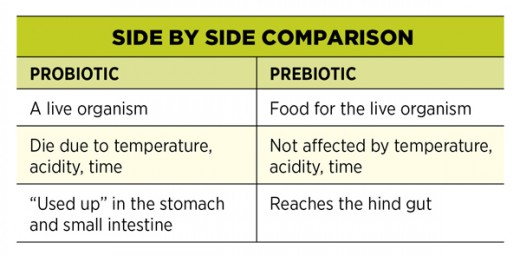
Are Fermented Foods Beneficial?
So the bottom line is that you just have to get out there and try a variety of fermented organic veggies and fruits – the possibilities are endless and as more and more consumers become aware of these powerhouses that can be a part of every healthy dinner ideas or a healthy diet.
If you've enjoyed this, I'd love to have you share this with your circle of friends. I bet they would benefit from knowing about how fermentation is the secret to being an ideal weight.

